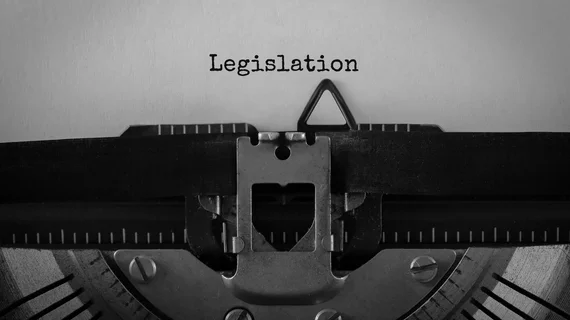American College of Radiology expects volume of ‘dangerous’ scope-expansion bills to grow in 2024
The American College of Radiology said Thursday that it expects the volume of “dangerous” bills, aimed at broadening nonphysicians’ authority, to grow in 2024.
This year alone, ACR has tracked more than 100 proposed policies relating to radiologic scope-of-practice expansion, spanning 30 states. In one example, ACR and the South Dakota Radiological Society helped quash a measure that would have allowed experienced physician assistants to take X-rays and perform radiologic procedures autonomously
Amid a strained hiring environment and rising imaging volumes, advocates anticipate that state legislatures will propose more such policies in the coming months.
“The American College of Radiology government relations staff is developing strategies to help state radiological societies fight dangerous nonphysician providers’ scope-of-practice expansion legislation,” the trade group said in an Oct. 19 news update. “ACR and the state societies believe as the provision of healthcare throughout the country becomes more complex, a fully coordinated, quality-focused and patient-centered healthcare team is the optimal means by which patients will receive their healthcare.”
ACR urged members of the specialty to view its policy map related to this topic, along with other resources.
Earlier this month, the college also alerted the Veterans Administration about the potential danger of expanding nonphysicians’ practice authority. The warning came as the VA recently held listening sessions exploring whether to modify its National Standards of Practice.

